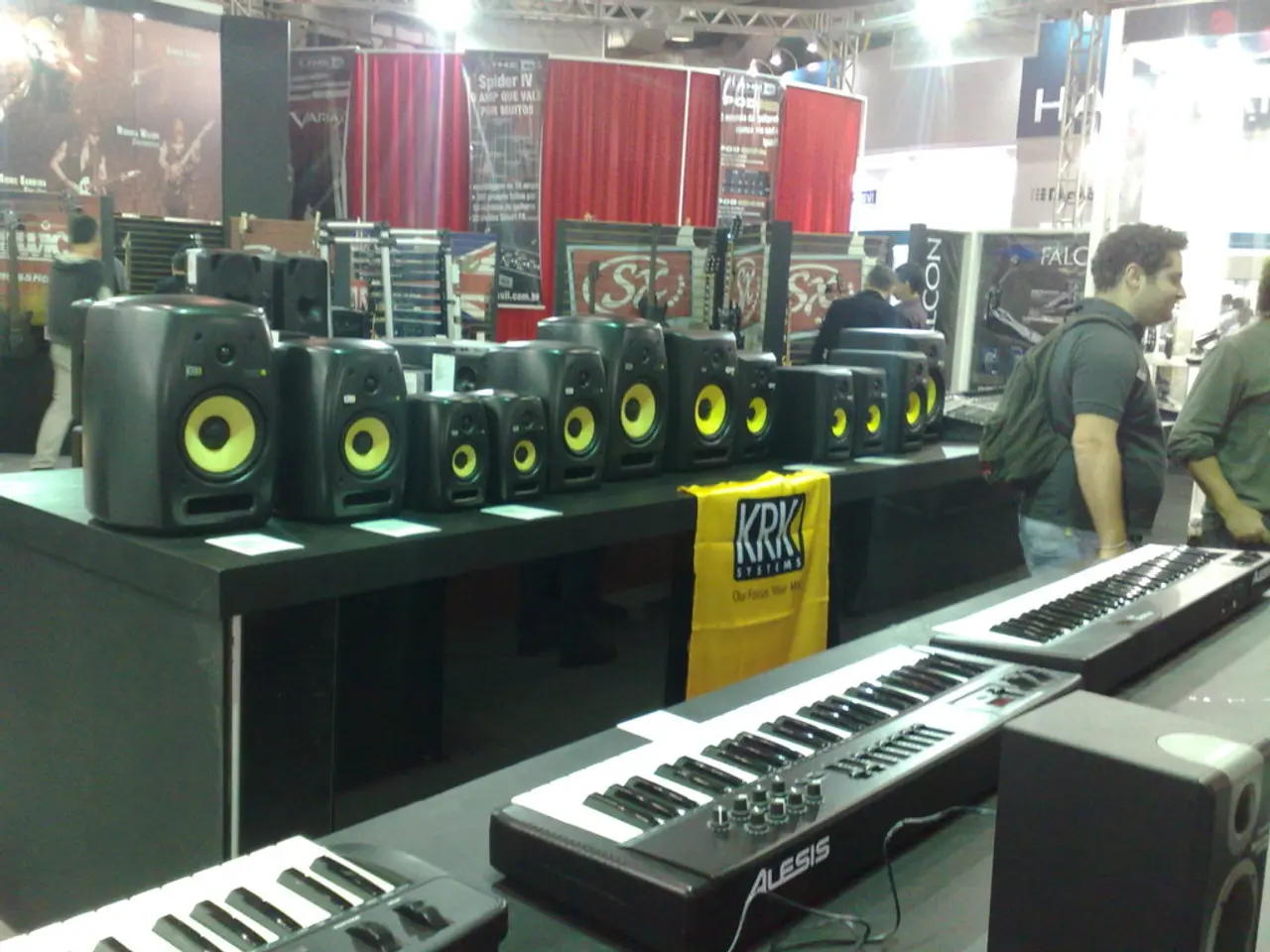Trump specifically calls out Ireland, implying potential increase in pharmaceutical tariffs
The European Union and the United States have reached an agreement to cap any existing or future tariffs on semiconductors and pharmaceuticals at 15%, a move aimed at avoiding escalating tariffs in these critical sectors.
Under the terms of the deal, the EU has committed to removing significant tariffs on US industrial goods, including semiconductors, as part of a broader trade agreement finalized in July 2025. The 15% tariff ceiling applies explicitly to pharmaceuticals and semiconductors, ensuring that any tariffs in these sectors cannot exceed this level going forward.
The agreement comes after the EU had prepared higher levies on €93 billion worth of US exports, which were due to enter into force on Thursday had trade talks failed. However, with the current deal, the EU has suspended its retaliatory tariffs on US goods, signalling a de-escalation in tariff tensions at least for semiconductors and pharmaceuticals.
However, not all aspects of the deal have been agreed upon. An agreement on how to treat EU car parts that come from outside the bloc, particularly from China, is yet to be reached. The US has not yet signed off on the concept of tariff rate quotas for European steel and aluminium exports, and an "understanding reached at political level" on steel has been mentioned, but it will take more time to iron out the details.
The categories of products that will be traded at zero tariffs between the EU and US are still under negotiation, with the EU pushing for wine and spirits to be included in the zero-tariff exemption, a key request from France, Italy, and Ireland. US President Donald Trump has not yet signed off on the specifics of a trade deal reached last month, including lower tariffs on European cars.
The deal has faced criticism from some EU countries, including France and Germany, who feel that the EU has given in too much and accepted higher tariffs. German finance minister Lars Klingbeil stated that the EU had been "too weak" in negotiations with the US and that Germany "can't be satisfied with the result that was achieved".
Despite the criticisms, the EU commission has pushed back against these criticisms, stating that the agreement averted an all-out trade war and Washington's threat of pulling security guarantees from Europe. Trump has also made statements suggesting that pharmaceutical companies make a fortune with products made in countries like China and Ireland.
Negotiations are ongoing, and clarity is lacking on when the US will lower its 27.5% rate on European cars to 15%, as well as the text of a joint statement with the EU. Trump has also threatened to announce separate tariffs on semiconductor and pharmaceutical imports within the next week or so.
- The agreement in finance, involving the EU and the US, includes a commitment to decrease tariffs on certain industrial goods in politics, specifically semiconductors, as part of a broader trade deal.
- The 15% tariff ceiling on semiconductors and pharmaceuticals, a key aspect of the trade deal, will also impact the general-news sector, as the EU has agreed to suspend retaliatory tariffs on US goods in these sectors.




